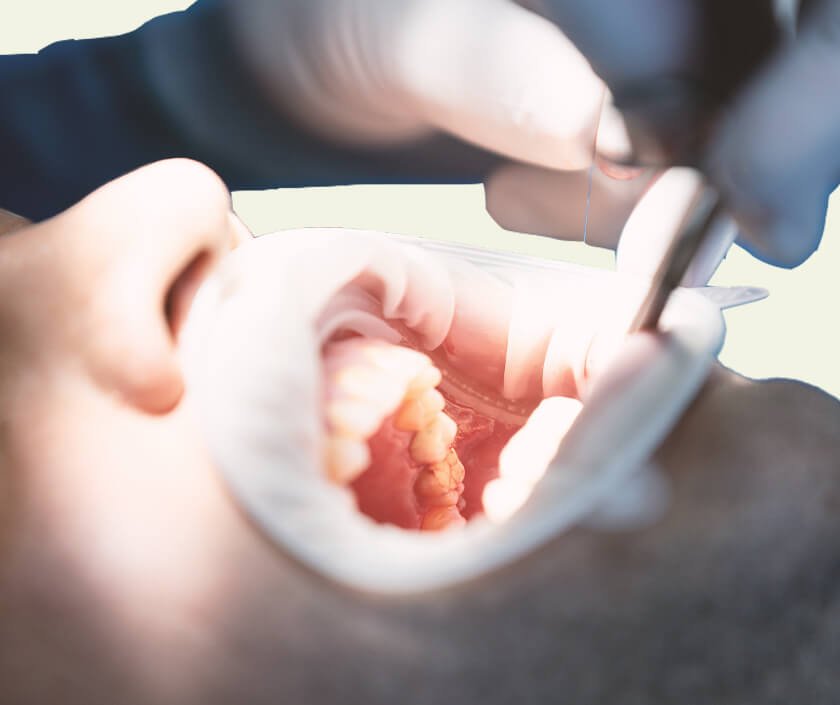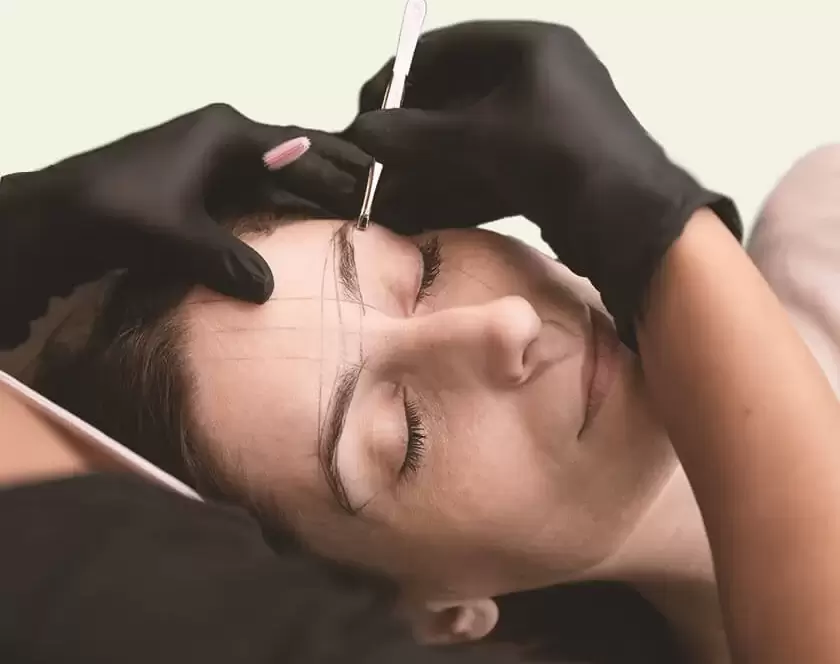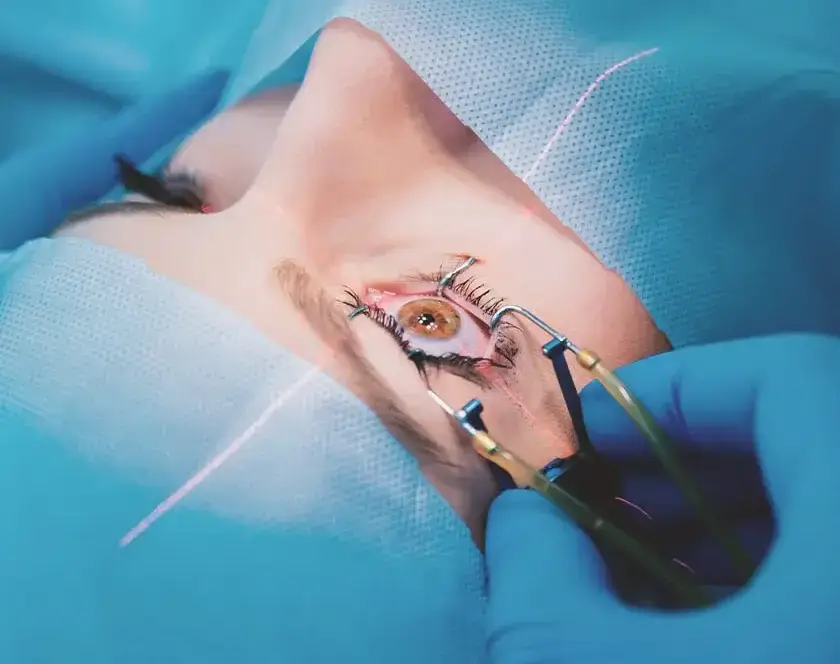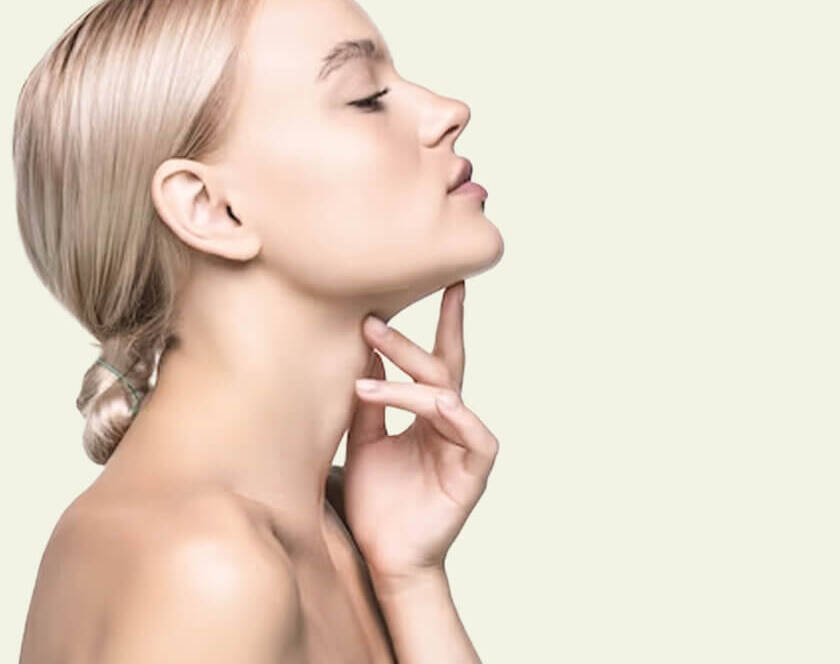In a simplified way, the optimal occlusion is if the maxillary teeth marginally overlap the mandibular teeth on the facial areas and all teeth in the maxillary arch are in full touch with the mandibular arch in a certain pattern. Any deviation from the physiologically appropriate relationship of the teeth is considered malocclusion. Several conditions may make dental occlusion to change, for example, tooth extraction. Without replacing a missing tooth, the teeth start to fluctuate and the tip out of the usual occlusion, and the opposing teeth can erupt to fill the gap. One example is post-orthodontic treatment even with adjustable braces or splints, teeth wander, often requiring occlusal adjustments. Besides, as the teeth are still mobile and fragile, the teeth can “relapse” and transform into a malocclusion.
Occlusal conditions often cause discomfort before the advanced stage is reached. The occlusal-related conditions that can cause pain include TMJ symptoms, primary occlusal damage, advanced periodontal cracks, damaged teeth, and gingival regression that has spread into the gingiva connected to the gingival mucosa. Patients may feel pain as a result of primary occlusal trauma induced by high restoration or insertion of a fixed bridge or a partial denture that puts undue force on the abutment teeth.
Changes, involving discomfort, broader periodontal ligament space, and dental resilience, are reversible if the occlusal damage is removed. Lack of basic knowledge of orthodontic care in patients with occlusal injuries can also contribute to loss of tooth structure. Insubstantial tooth structure can involve chipping of teeth in the edge to the edge of the bite and abrasions that are rounded tooth-shaped notches along the gum line. Abfractions that are not normally caused by abrasive brushing teeth or toothpaste can also cause damage in the form of dentin hypersensitivity, where even the teeth can experience specific occlusal trauma.
Several basic tests and patient awareness can prevent many potential complications with occlusal issues. Through identifying these forms of occlusal issues early and motivating patients to correct and comply with care, dental hygienists may help patients prevent expensive recovery in the future.
Dr. Ashutosh believes in the health and safety of patients, so we have the experts who are excellent in their work as well as brilliant experience holders. We welcome you to come to us for the ideal solution for your complications.
If you have any questions regarding our services, please contact us or call at +91 9879546805.
Hear from our patients
EXCELLENTTrustindex verifies that the original source of the review is Google. Dr.shah is very kind and understanding... during my surgery of xentholesma..sir didn't late me feel nervous at all..he kept talking to me..he kept singing classic old hindi songs while performing surgery..I was like "ye to apne type ka banda hai"..I didn't even realise when my surgery got over. mr. Bhargav in staff and other team members were very kind an supportive.. I just have one minor complaint..simple panipuri wala or vegetable person in surat is always ready to receive online,UPI ,QR payment..but,pharmacist over their always be like "mera to cash payment hoga". Rest all is good.. people over there are very sincere at their work. I would definitely suggest to visit elegance clinic for getting your xentholesma cured.treatment charges are also affordable.Posted onTrustindex verifies that the original source of the review is Google. I am fully satisfied my hydrafacial treatmentPosted onTrustindex verifies that the original source of the review is Google. The experience was too good staff was really humble and the results were actually good!Posted onTrustindex verifies that the original source of the review is Google. I got hair transplant which is very painful but Got it done on ELEGANCE so it was very normal and which was bery helpful for me Special thanks to staff.Posted onTrustindex verifies that the original source of the review is Google. I had PRP and laser treatments at Elegance clinic for my skin and hair, and the experience has been truly excellent. Dr. Krina handled my skin treatment with great care and attention — I noticed a visible improvement in my skin texture and glow. For my hair, Dr. Bhargav and Dr. Ashutosh guided me through the PRP sessions with patience and professionalism, ensuring I was comfortable and well-informed throughout. The entire staff is polite, supportive, and the clinic maintains high standards of hygiene and advanced equipment. Overall, I’m very satisfied with the results and would highly recommend this hospital to anyone looking for genuine care and effective treatmPosted onTrustindex verifies that the original source of the review is Google. Dr Asutosh sir is very excellent Tammy tack sargary..Posted onTrustindex verifies that the original source of the review is Google. A good doctor clinic review often highlights a clinic's positive aspects, such as a doctor's expertise, a friendly and competent staff, convenient hours, and a clean, comfortable environment.Posted onTrustindex verifies that the original source of the review is Google. After suffering a serious burn injury due to a machine accident, I was fortunate to be treated by Dr. Ashutosh Shah at Elegance Clinic. His skill and calm approach gave me confidence from the first consultation. The surgery was done with great care, and the recovery support was outstanding. The clinic is clean and peaceful, and the staff treats you like family. Forever thankful for their help during a very tough timePosted onTrustindex verifies that the original source of the review is Google. One of the best doctors as well as staff in the town, just loved the process post surgery, follow up calls is non negotiable for them. Dr ashutosh shah and dr chetan were incredible. Best service provided by the elegance clinic!Posted onTrustindex verifies that the original source of the review is Google. "We had a wonderful experience at Elegance Clinic for my wife's HIFU treatment. The staff was friendly and supportive, and the clinic environment was very professional. Dr. Ashutosh Shah took the time to explain the procedure and what to expect. The final result is excellent—my wife's skin looks much firmer and rejuvenated. She is very happy, which makes me happy! A truly world-class clinic for aesthetic procedures
Frequently Asked Questions
Having doubts and questions? These are few questions our customers normally ask us!
What causes changes in dental occlusion?
Changes can result from tooth loss, orthodontic treatments, dental restorations, or natural wear and tear over time.
Can occlusal changes be corrected without surgery?
Yes, many occlusal issues can be addressed with non-surgical treatments such as braces, occlusal splints, or dental restorations.
What is the best age for occlusal correction?
While occlusal corrections can be made at any age, early intervention is often easier and more effective.
How does occlusion affect overall health?
Proper occlusion is crucial for chewing efficiency, jaw alignment, and preventing TMJ disorders and bruxism.
What is involved in an occlusal adjustment procedure?
It may involve reshaping the chewing surfaces of the teeth, orthodontic treatment, or reconstructive dental work to achieve a balanced bite.
Is there a recovery period after occlusal therapy?
Recovery varies based on the treatment but generally involves minimal downtime, with patients quickly resuming normal activities.
Contact Us
Ready to discuss? Fill out our contact form for a confidential consultation.








